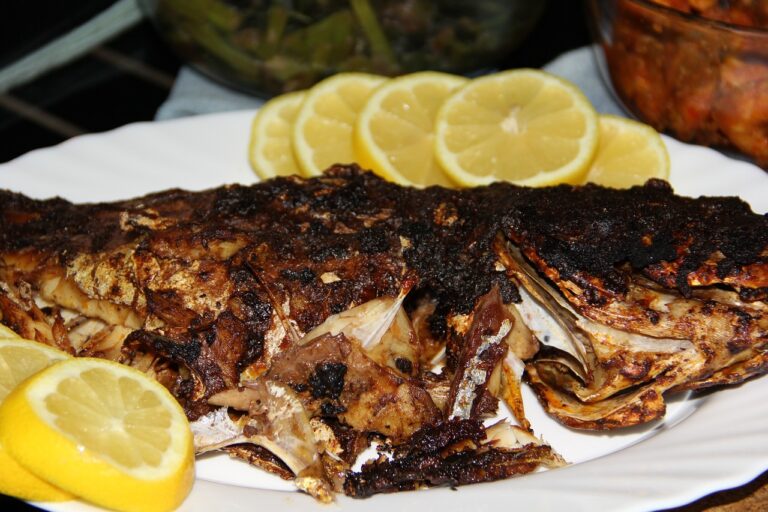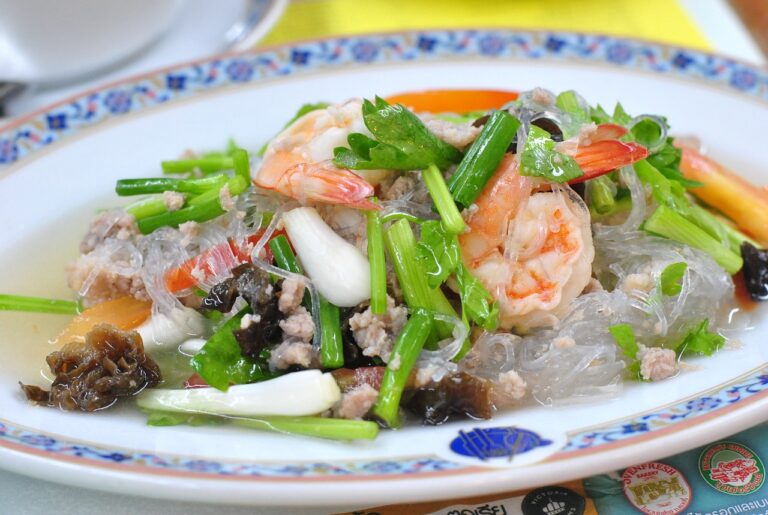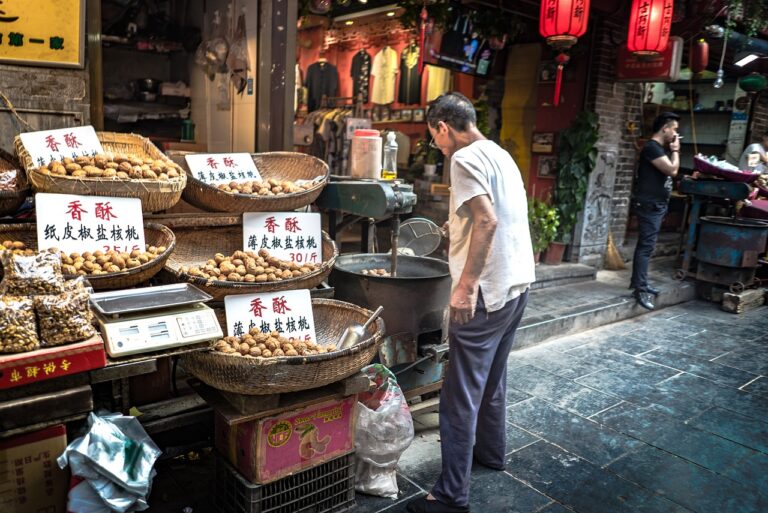Analyzing the Role of Food Safety Testing in Supporting Indigenous Food Sovereignty
bet book 250.com, radhe exchange login, yolo247 club login: Food safety testing plays a crucial role in supporting Indigenous food sovereignty. Indigenous communities have a deep connection to the land, traditions, and food systems that have sustained them for generations. However, with the increasing threats of contamination, pollution, and climate change, ensuring the safety of traditional Indigenous foods has become more important than ever. In this article, we will delve into the significance of food safety testing in upholding Indigenous food sovereignty.
The Importance of Indigenous Food Sovereignty
Indigenous food sovereignty is the right of Indigenous peoples to control and manage their food systems in a way that is culturally, socially, and environmentally appropriate. This includes the ability to produce, harvest, and consume traditional foods that have sustained their communities for centuries. For Indigenous peoples, food is not just sustenance; it is a cornerstone of their cultural identity, spirituality, and way of life.
However, Indigenous food systems are under threat from a variety of factors, including environmental degradation, loss of biodiversity, and the encroachment of industrial agriculture. These challenges have led to concerns about the safety and quality of traditional Indigenous foods, which are often harvested from the land and waters in their natural state. Without proper safeguards in place, there is a risk of contamination from pollutants, pathogens, and other hazards that can compromise the health and well-being of Indigenous communities.
The Role of Food Safety Testing
Food safety testing plays a critical role in safeguarding the health and wellness of Indigenous communities by ensuring that traditional foods are free from harmful contaminants. By testing for a wide range of potential hazards, including bacteria, viruses, chemicals, and toxins, food safety testing helps to identify and mitigate risks before traditional foods are consumed. This is especially important for Indigenous communities that rely heavily on wild game, fish, plants, and other natural resources for their diet.
In addition to protecting the health of individuals, food safety testing also helps to preserve the cultural integrity of Indigenous food systems. By ensuring that traditional foods meet established safety standards, Indigenous communities can continue to uphold their cultural traditions and pass down their knowledge of harvesting, preparation, and consumption to future generations. This is essential for maintaining the resilience and sustainability of Indigenous food systems in the face of ongoing challenges and threats.
Challenges and Opportunities
Despite the importance of food safety testing, there are challenges that Indigenous communities face in implementing and accessing these services. Limited resources, lack of infrastructure, and cultural barriers can make it difficult for Indigenous communities to conduct regular food safety testing and comply with regulatory requirements. Additionally, the high cost of laboratory testing and the lack of culturally appropriate testing methods can further hinder the ability of Indigenous peoples to ensure the safety of their traditional foods.
However, there are also opportunities to address these challenges and improve the support for food safety testing in Indigenous communities. Collaborative partnerships between Indigenous organizations, government agencies, academic institutions, and industry stakeholders can help to bridge the gaps in resources, knowledge, and capacity that exist in many Indigenous communities. By working together to develop culturally sensitive testing protocols, training programs, and research initiatives, these partnerships can help to empower Indigenous communities to take control of their food systems and protect their traditional foods.
In conclusion, food safety testing plays a crucial role in supporting Indigenous food sovereignty by safeguarding the health, cultural integrity, and sustainability of traditional food systems. By addressing the challenges and seizing the opportunities that exist in this area, Indigenous communities can build a stronger foundation for the future and ensure that their food systems continue to thrive for generations to come.







